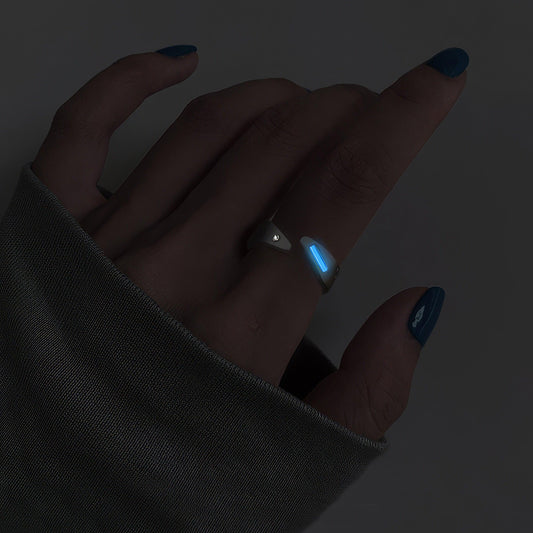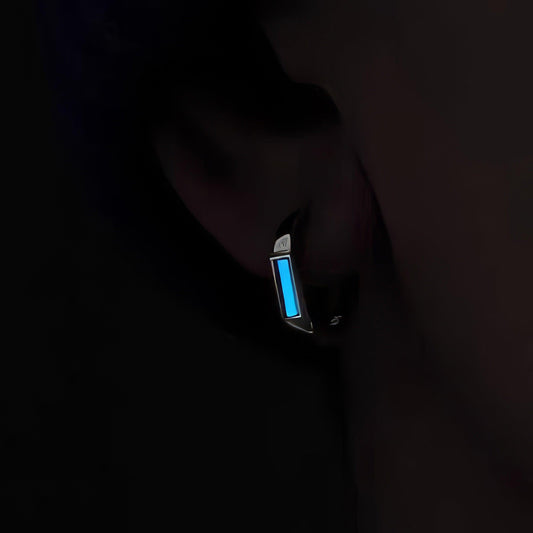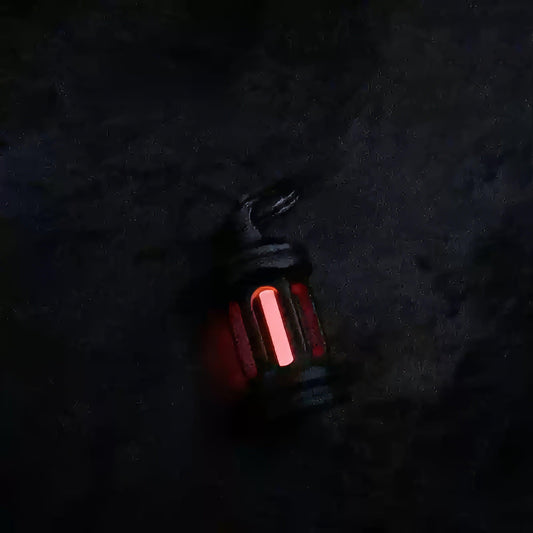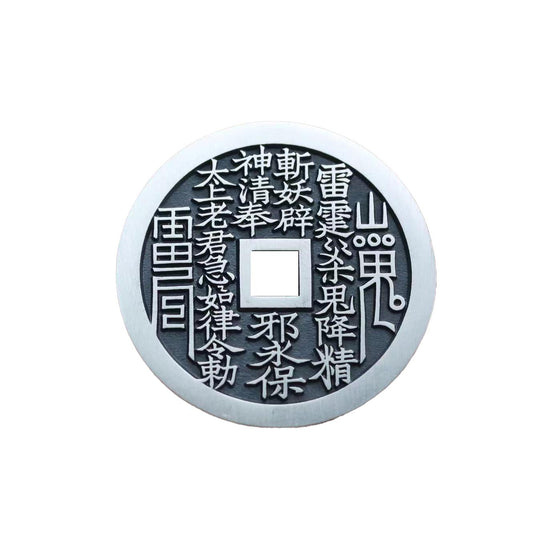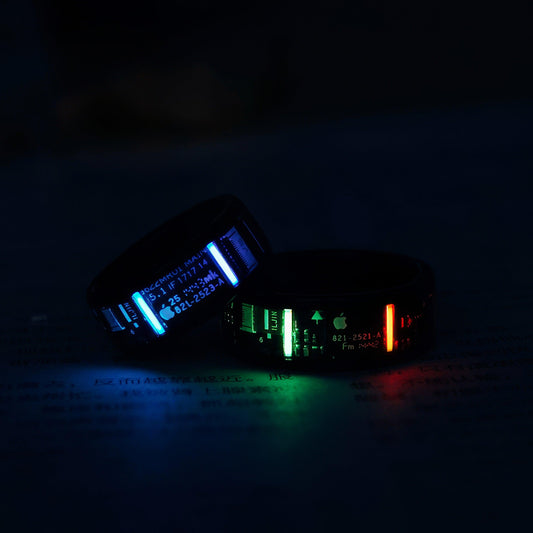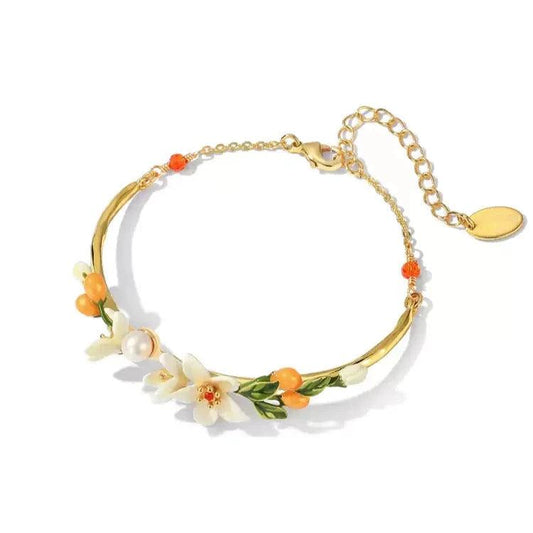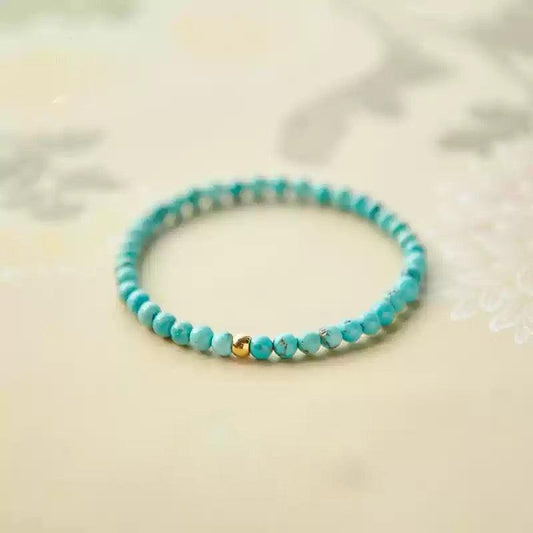Custom Word Chains Crafting Connections with Words
Custom Word Chains Crafting Connections with Words
Growing up, I had this eccentric teacher, Miss Lawson, who had a knack for turning any mundane classroom day into something magical with her whimsical word games. She'd get the whole class involved in creating word chains, an activity that seemed like pure chaos at first but turned out to be an ingenious way to connect us all with language. "Never underestimate the power of linking one word to another," she'd say, her eyes twinkling with mischief. Little did I know then that her lesson would stick with me, long after I'd traded school hallways for office corridors.
A custom word chain, in essence, is a curated sequence of words where each word connects to the previous one either by meaning, sound, or shared letters. It's a game of linguistic dominoes, each piece carefully selected to create a seamless flow. But beyond the classroom or casual get-together, word chains can be a powerful tool for creative writing, memory enhancement, and even team-building exercises.
Take corporate settings, for example. I recently read about a tech company using custom word chains during brainstorming sessions to jumpstart creativity. By beginning with a single, pivotal concept and allowing team members to contribute words that associate with it, employees found themselves weaving complex webs of ideas that might never have surfaced otherwise. This method not only fosters innovation but also encourages team cohesion—similar to how Miss Lawson's quirky game brought us together as a class.
The materials for this exercise are refreshingly low-tech—just a shared document or a whiteboard will do. The real magic lies in the words and the minds that connect them. It's a strikingly simple approach that can have profound effects, offering a break from the digital noise of slides and screens. A word chain is more than just a list; it's an invitation to explore, to ponder, and to question. How did ‘apple’ become ‘delight’? What path led from ‘river’ to ‘dream’?
Culturally, playing with word chains taps into our innate love for storytelling. They echo the oral traditions where tales and lessons were passed down through generations, each word carefully selected to fit into the mosaic of narrative. Creating a word chain can feel like weaving a tapestry, each thread—each word—adding depth and color to the overall picture. It brings an element of playfulness and light-hearted competition, reminiscent of family game nights or late-night gatherings with friends where everyone tries a hand at crafting the longest, most intricate chain.
Of course, there’s a personal side to these linguistic adventures. Just last weekend, I tried introducing my friends to the idea during a cozy night in, fueled by pizza and enthusiasm. We started with 'spark,' and somehow, after several rounds of laughter and protest over dubious connections, we ended with 'infinity.' It might not have made much sense on paper, but in that room, it felt like we’d journeyed through a universe created entirely by our shared imagination.
In the end, word chains remind me of the serendipity and surprise that language can offer. They challenge us to think outside the box, to see connections where none seemed possible, and to appreciate each link in the chain. It's a simple joy, really, one that Miss Lawson might've said makes all the difference in our increasingly structured world. If you ever find yourself with a few minutes and a willing participant, give it a shot—you never know where a single word might lead.
